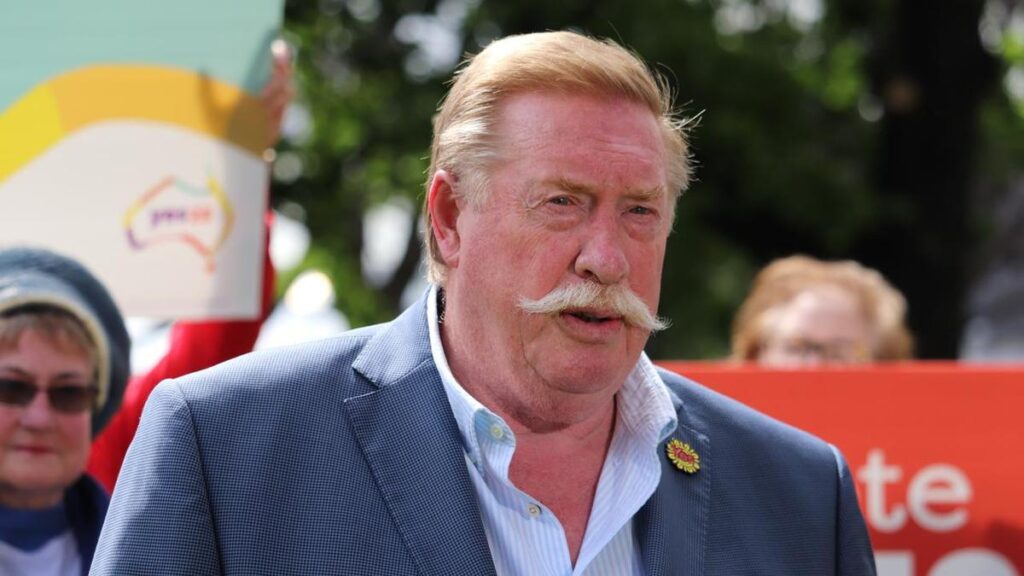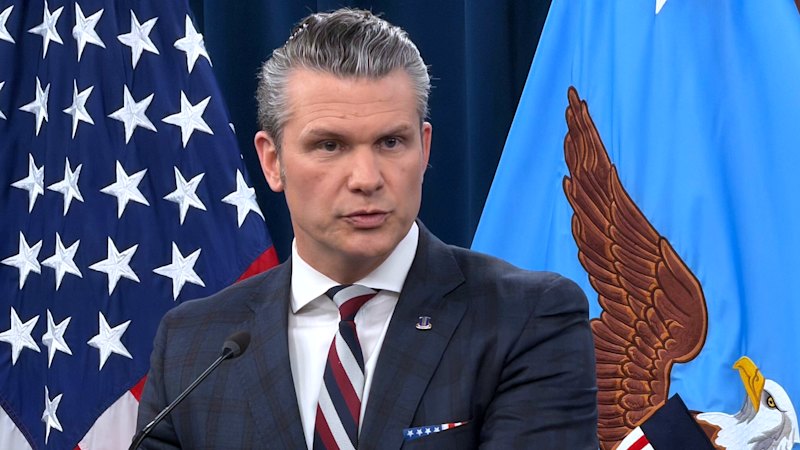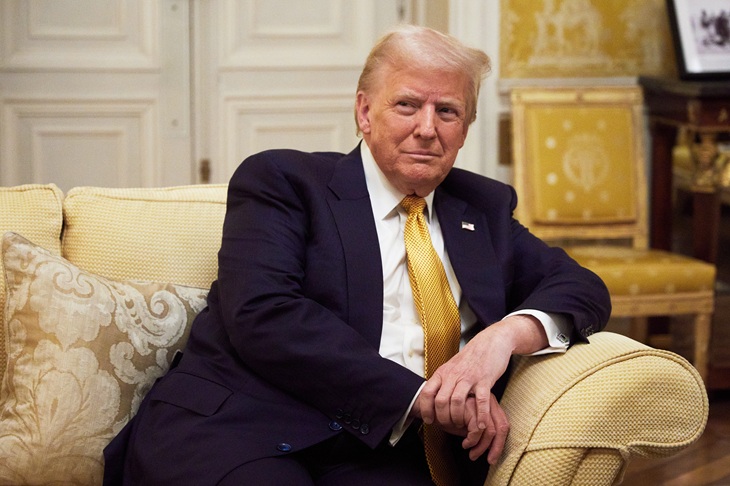
The ongoing state election campaign has taken a contentious turn as candidates engage in disputes over business name registrations and a website aimed at clarifying health policy. The conflict surfaced during a recent debate, where accusations were made regarding the legitimacy of certain business names linked to political candidates.
Candidates from opposing parties have been vocal about their concerns, accusing each other of misleading voters through questionable business practices. The website, which was designed to provide clarity on health policy, has also come under scrutiny. Critics claim it is being used to advance political agendas rather than serve as a neutral resource for constituents.
Local government officials have attempted to mediate the situation. They emphasize the importance of transparency in political campaigns, especially concerning health policies that directly impact residents. November 5, 2024, marks the election date, and with escalating tensions, both parties are ramping up their efforts to sway public opinion.
Accusations and Responses
The debate intensified when candidate Jane Smith accused her opponent, John Doe, of using a misleading business name to gain an unfair advantage in the campaign. Doe responded by asserting that Smith’s own business name registration is equally questionable, raising doubts among voters about both candidates’ integrity.
Voters have expressed confusion over the implications of these accusations. Many are concerned that the focus on business name legitimacy is overshadowing critical discussions about actual policy issues. A recent poll indicated that 65% of respondents felt the campaign should prioritize health care reform instead of personal attacks.
The Role of Health Policy Communication
The website at the center of this controversy was established to provide essential information regarding health policies. While some voters appreciate the initiative, others argue that its use in campaign debates compromises its intended purpose. The local government has reiterated that the site was created as a non-partisan tool, yet the political climate has complicated its reception.
With the election drawing near, both parties must navigate this complex landscape. How they choose to address these accusations could significantly impact their campaigns and voter trust. As the state prepares for the upcoming elections, the focus will likely remain on the candidates’ ability to communicate their policies effectively while maintaining ethical standards in their campaign strategies.
In this charged atmosphere, the consequences of mud-slinging could extend beyond the election itself, potentially influencing future regulations on business name registrations and political campaigning in the state.






